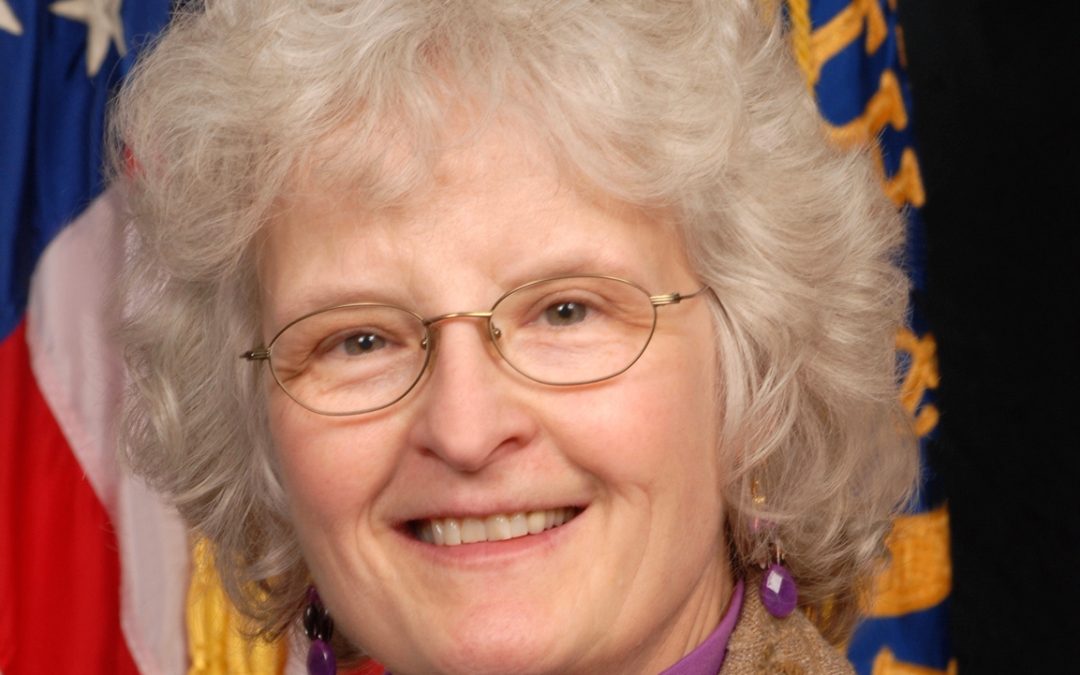Wanda Jones explains how to promote good scientific practices and what universities could do to integrate them into their curricula.
How do you define “good scientific practices”?
ORI’s statute and regulations do not define “good scientific practices,” but ORI recognizes that every scientific discipline should have standards for how it defines good scientific practices. We see many instances of poor record-keeping and documentation of experiments, as well as sloppy data handling. The reason for different practices for different disciplines goes back to the formulation of the current federal policy on research misconduct applicable to the full range of research activities from bench science to field work, biomedical to education research. The wide variety of data types and analytical approaches is addressed in our regulatory approach reflecting flexibility according to discipline norms. For example, preserving a Western blot is fundamentally different than preserving a geological core sample
ORI promotes the responsible conduct of research, based on the 1995 Ryan Commission report (ORI, HHS 1995). Responsible conduct of research topics were expanded in 2011 by NIH (NIH 2011), to now include the following:
- Conflict of interest – personal, professional, and financial
- Policies regarding human subjects, live vertebrate animal subjects in research, and safe laboratory practices
- Mentor/mentee responsibilities and relationships
- Collaborative research including collaborations with industry
- Peer review
- Data acquisition and laboratory tools; management, sharing and ownership
- Research misconduct and policies for handling misconduct
- Responsible authorship and publication
- The scientist as a responsible member of society, contemporary ethical issues in biomedical research, and the environmental and societal impacts of scientific research
Each of these topics has an exhaustive list of good practices within them. There are other sources of information on good practices, including but not limited to World Conference on Research Integrity’s “Singapore Statement” (WRCF 2010), which provides principles and responsibilities in research integrity, and their “Montreal Statement” (WRCF 2013), addressing how the different responsible conduct of research topics are specifically applied to collaboration.
What does the Office of Research Integrity do to promote good scientific practices?
ORI offers training and resources in the responsible conduct of research. Our website includes a guide to the basics of responsible conduct of research, as well as links to our interactive videos on avoiding research misconduct [The Lab; The Research Clinic]. We also provide video case studiesand infographicsthat professors can use in classes, etc. In addition, many universities and research institutions include responsible conduct of research training in their science curricula, and they may co-sponsor workshops with ORI.
ORI also funds research projects to better understand research misconduct, and some of these have yielded insights into the scope of the problem and provided examples of potential opportunities to intervene. Two recent examples include one that assessed scientists’ views of questionable research practices, highlighting risk and protective factors that may help inform training of scientists (see Sacco et al. 2017). The other involves a pilot study of an array of ethical concerns raised when investigators approach biostatisticians for consultation (see Wang et al. 2017).
The ORI supports education and training in responsible conduct of research and activities designated to promote research integrity. Can you give some recommendations how universities or research institutes could integrate these kinds of activities into their curricula?
Many universities and research institutes already integrate responsible conduct of research programs and activities into their curricula. From the earliest presentation of scientific methods to students, instructors should emphasize the importance of fully documenting how results are derived, including how to design and organize an experimental approach, how to apply it, and how to present its results. As I mentioned, ORI sponsors and coordinates a number of research programs and activities that universities and research institutes use in their own work.
How can digital technology help to promote good scientific practices?
Digital technologies enable good practices, but they also are subject to corruption and misuse. If anything, poor paper record-keeping will transfer to poor digital record-keeping, so starting with a digital plan is essential. Establishing a standard for everything from file names (data, photos, and other content) to version control (particularly in manuscript preparation) can be helpful in a busy lab. Being able to attribute the originator and track any changes by them or others in a file can help avoid errors in incorporating results into manuscripts or grant applications. Documenting specific manipulations that “beautify” images (enhancing contrast, cropping, and the sorts of things once done in darkrooms with prints from film) is essential. Keeping the metadata associated with electronic files enables tracking if things somehow go astray. Backing up files and regularly imaging network drives can help with future data use as well as for investigative purposes. Evolving technologies may automate functions associated with detecting falsification, fabrication, or plagiarism, a significant advantage considering the volume and pace of scientific publication.
Digital technology also helps monitor access to facilities and controlled spaces, computers, equipment and instruments. This information can reveal who entered what data and exactly when, which could aid in identifying researchers who are fabricating data. It can identify who may have been sabotaging experiments or fabricating data (when the person says he was there, but the digital record clearly showing he was not).
Other technologies may come along that make it possible to falsify other aspects of the scientific record. At ORI we have to be on guard for what is coming.

